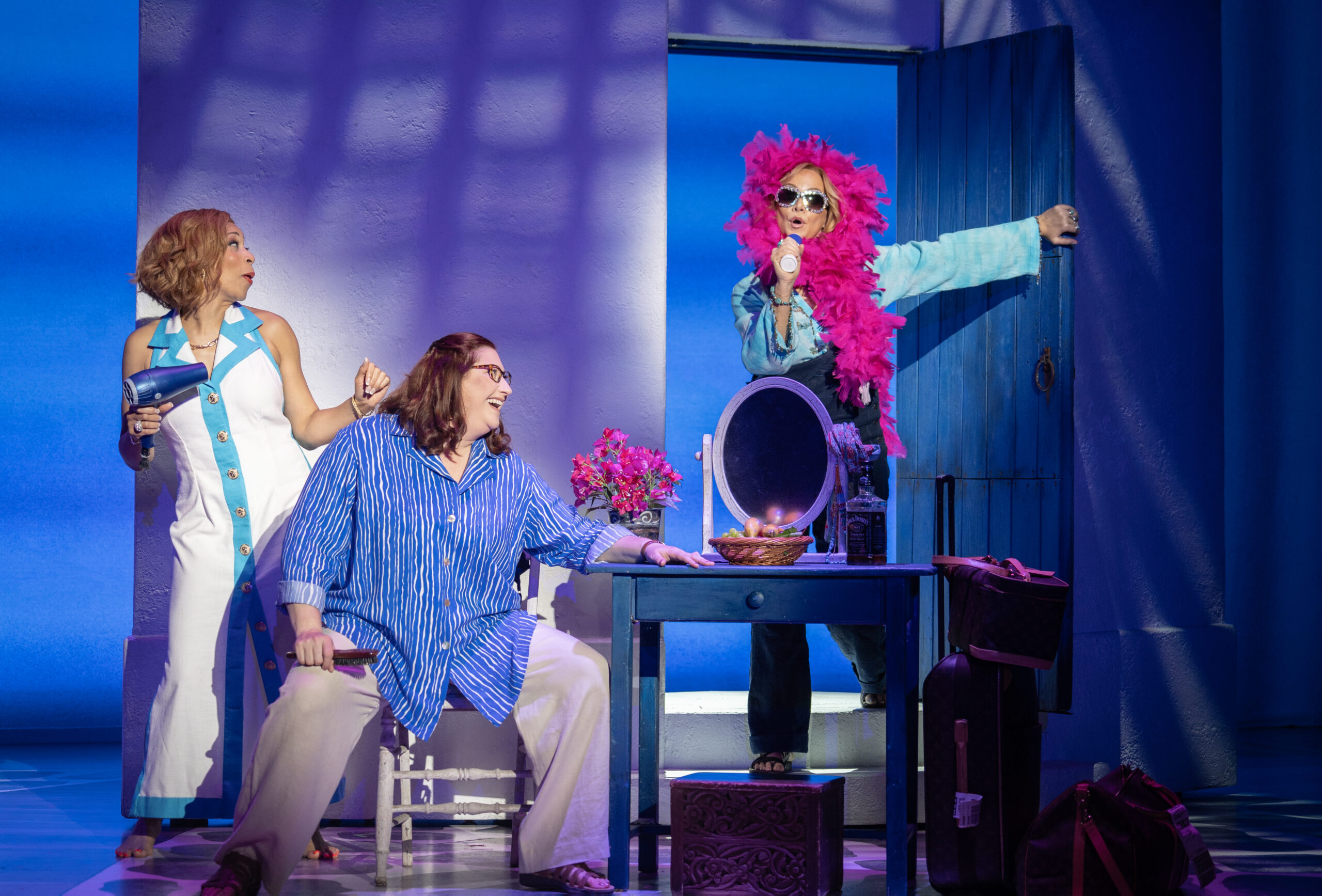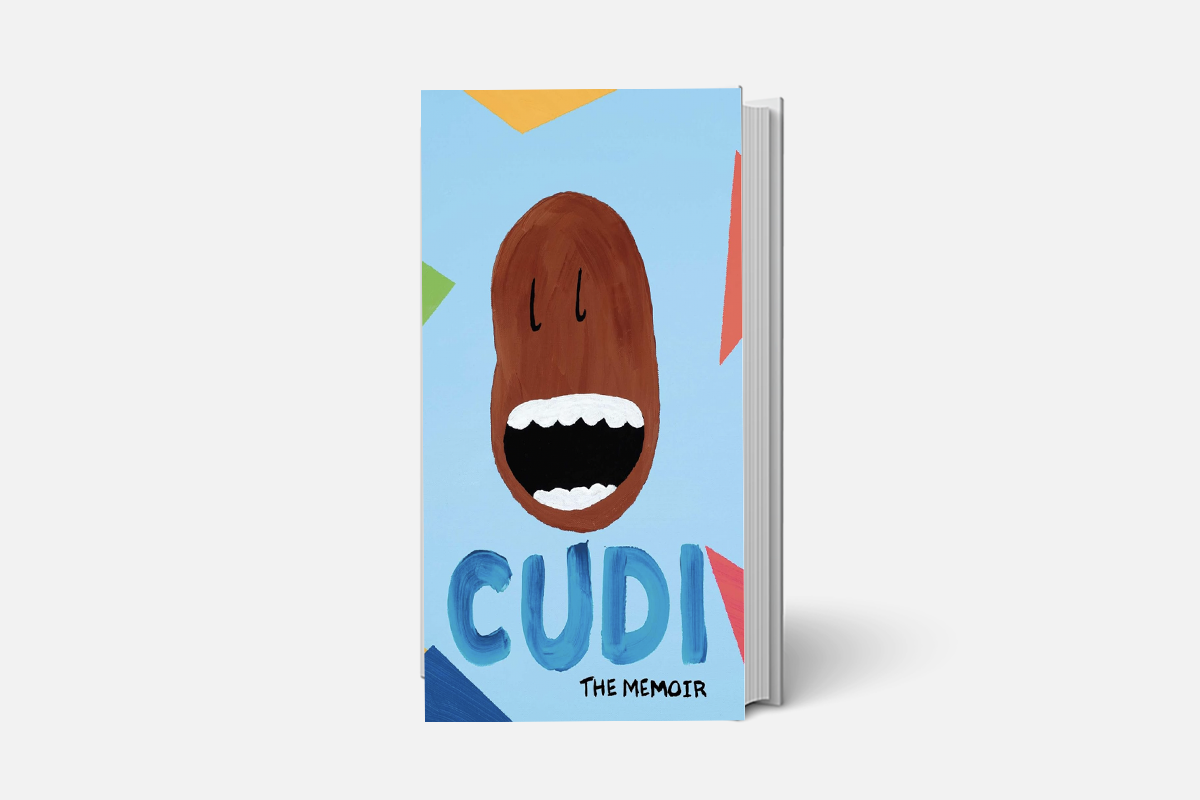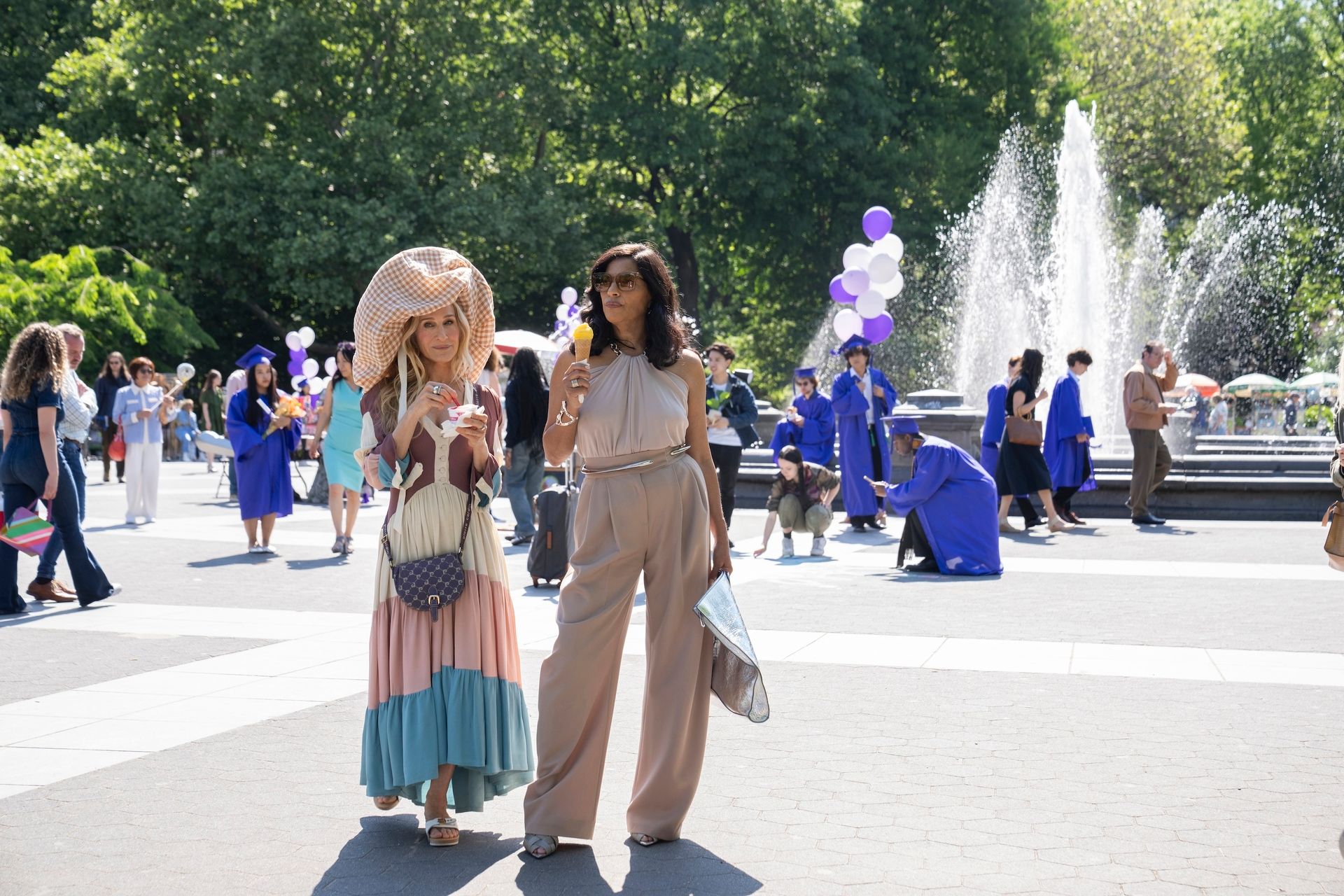I have a theory about the music of ABBA (it’s just my experience, but maybe it’s yours too). Their songs, composed and produced by Benny Andersson and Björn Ulvaeus and sung by Agnetha Fältskog and Anni-Frid Lyngstad, are so propulsively beautiful, so catchy and timeless and addictive, so sublime in their blend of joy and heartbreak that your all-time favorite ABBA song will always be… the one you happen to be listening to.
“Mamma Mia!,” the indelibly exuberant jukebox musical that’s being revived on Broadway for a six-month limited engagement (it opens tonight at the Winter Garden Theater, where the original Broadway production opened in 2001 and ran for 14 years), is a show built around the belief that each and every ABBA song is its own perfect epiphany of pop rapture. There are no lame numbers, no filler; the show is all high points, which is why it generates a kind of wall-to-wall karaoke ecstasy. For the audiences that have flocked to “Mamma Mia!” over the last 25 years, and will now continue to do so, hearing those songs can make one feel like the music-fan equivalent of a blissed-out cokehead doing lines. You just want another, and another, and another…
Every jukebox musical exists, by definition, to serve the music at its center. But no jukebox musical has ever worked in quite the clever-absurdist way that “Mamma Mia!” does. As everyone knows (after 50 international productions, plus the 2008 Meryl Streep movie version and its 2018 sequel; a third film is in the works), the plot of “Mamma Mia!” is a piece of high-kitsch silliness that suggests Shakespeare in his amorous-comedy mode trying to bring off a romantic version of “Gilligan’s Island.” The setting is a sunny Greek isle, and the central character, Donna, is a free-spirited single mother who owns and operates a taverna there. Her 20-year-old daughter, Sophie, is about to get married. But who is Sophie’s father?
Popular on Variety
After poring through her mother’s diary, Sophie realizes that it could have been any of Donna’s three suitors from the far-off world of Europe in 1979 (which is when and where she got pregnant). So Sophie invites all three of them to the wedding. Before she gets hitched, she wants to find out who her dad is…and who she is.
“Mamma Mia!” is kind of a romantic comedy, but more than that it’s about romance: its place in the world, and the way that shifts from generation to generation. (That’s changed a lot since “Mamma Mia!” first opened.) But part of the musical’s knowing joke is that its plot, in almost every detail, is like a machine that’s been reverse-engineered to serve as a delivery system for 22 ABBA songs. Make no mistake: The storyline works (in the end it’s rather touching). But it also feels like something that might have been devised by an AI program that liked ABBA. The show practically invites us to chuckle at the neatly interlocked way that a song like “Honey, Honey” or “Knowing Me, Knowing You” will dovetail with the (thin) motivation for singing it. And that’s why the dithery sweet mindlessness of “Mamma Mia!” is part of its magic. The show serves as a friendly frame for the songs without threatening to get in the way of them.
I saw the original stage version three times, and while the revived “Mamma Mia!” has its own spirit (which I would call slightly more bumptious, with more aggressive choreography), it’s really the same show. It’s directed, like the original (and like the 2008 movie version), by Phyllida Lloyd, and it remains scrupulously faithful to what she did the first time.
As in: It’s got the same blocky rotating two-piece set that looks like the walls of a taverna as whitewashed by IKEA. The same wistful opening and closing, built around the haunting strains of “I Have a Dream.” The same show-stopping, we’re-going-to-let-our-middle-aged-freak-flag-fly scenes with Donna (Christine Sherrill) and her two old pals, Rosie (Carly Sakolove) and Tanya (Jalynn Steele), the former back-up singers of Donna and the Dynamos. The same sung-into-a-hair-dryer version of “Dancing Queen,” the same shock-comedy chorus line of snorkelers in flippers during “Lay All Your Love On Me,” the same giggle-out-loud moment when one of the Dynamos launches into the opening lyrics of “Chiquitita” to console her friend, and you realize that’s all the motivation this show is going to need to hang a song on. (The real motivation is: Here’s the song! Feast on it!)
It’s also got the same daffy affectionate high-camp acting by the three potential dads: Sam (Victor Wallace), the architect who designed the taverna; Bill (Jim Newman), the corny globe-trotting writer; and Harry (Rob Marnell), the token Brit who was once a “head-banger” and is now the soul of middle-classness. And it’s got the same show-stopping dramatic high point: Donna’s rendition of “The Winner Takes It All,” which as sung by Christine Sherrill is so wrenching that it earns the rare distinction of being even more powerful than ABBA’s version.
If there’s a difference between how “Mamma Mia!” felt when it first opened and how it feels today, it is this: The show is now a double layer cake of nostalgia. Back in 2001, it tapped into our river of pent-up nostalgia for ABBA — as well as the revelation, late in coming for so many listeners, that ABBA was as great a pop group as the greatest pop groups there ever were. In every other case, we knew it at the time. We knew that the Beatles were great when they were happening; same for the Stones or the Bee Gees or Steely Dan or Zeppelin or Madonna. We knew that punk was a barb-wire game changer.
But in the 1970s, when ABBA had become the most successful pop group since the Beatles, no one dared to mention them in the same breath as… the Beatles. And to suggest that they should be would have come off as blasphemy. (To many it still would.) ABBA were Swedish, they dressed on stage like glam disco astronauts, and they were thought of as gifted purveyors of infectious throwaway bubble-gum pop. That what their songs added up to was a full-scale vision of the ins and outs of love and loss and romance and pain and desire and fulfillment, told entirely from a woman’s point of view, is part of the reason their genius wasn’t fully recognized and respected.
All that changed in the ’90s. The culture caught up with ABBA, stripping the “guilty pleasure” label away from pop masterpieces like “Dancing Queen” and “Take a Chance on Me” and “Super Trouper” and “Money, Money, Money.” The culmination of that evolution was “Mamma Mia!,” a show that was, and remains, a two-and-a-half-hour pop rhapsody of delight.
What’s different, after 25 years of all that freshly unashamed ABBA love, is that our wistful nostalgia isn’t just for ABBA anymore. It’s also for “Mamma Mia!” itself, which now plays as a period piece from a different world. The show, when it premiered, was set 21 years after 1979 (in other words: the present day), and its theme was expressed in the counterpoint between Donna, the ’70s feminist who had gone her own way, having a child on her own and starting her own business in the foreign land of Greece, and Sophie, who rebelled against her mother’s independence by… deciding to get married, to the beach-bum dreamboat Sky (Grant Reynolds), at age 20! In its way, this cute reversal expressed something: that old-fashioned romance was making a comeback. That’s why we also had a deluge of rom-coms.
But the rom-com, in case you hadn’t noticed, has done a slow fade. It’s not gone, but it’s hanging on by its lacquered fingernails, and that ties into the way our reigning pop-music queens, from Taylor Swift to Beyoncé to Olivia Rodrigo to Billie Eilish, now often sing of love with bitter skepticism. The voices of ABBA sometimes gazed at men with anguish and doubt (just think of the sinister vibe of “Money, Money, Money”) but mostly with yearning. And that now makes “Mamma Mia!” a piece of cockeyed romantic optimism that is, in a certain way, a bit out of step with the times. More than ever, the show seems to be challenging the world around it to meet the sincerity of its passion.
There are countless moments in the new version that I adored: the enthralling ominous momentum that builds up around “Gimme! Gimme! Gimme!,” as Sophie’s three dads each offer to give her away at the wedding; the scene-stealingly haughty Jalynn Steele turning “Does Your Mother Know” into a lusty slapstick tour de force; Rob Marnell’s plaintive rendition of the gorgeous-enough-to-be-an-ABBA-classic “Our Last Summer”; the transporting blend of Christine Sherrill and Victor Wallace’s voices on “S.O.S.”; and that ecstatic grand finale, which brings us full circle to the arena-rock dreams of the ’70s.
There are also a few glitchy elements. The orchestra, faithfully recreating ABBA’s arrangements, can be a bit loud, at times overpowering the vocal performances, especially Amy Weaver’s. (Maybe she just needs to belt a bit more.) The whole production feels busier than the original, and I’m not sure it needed to be. Yet “Mamma Mia!” remains what it always was: a feast for your pleasure centers. It’s a show that almost invites us to roll our eyes at it — until that moment or two later when we’re inevitably going, My, my, how can I resist you?





